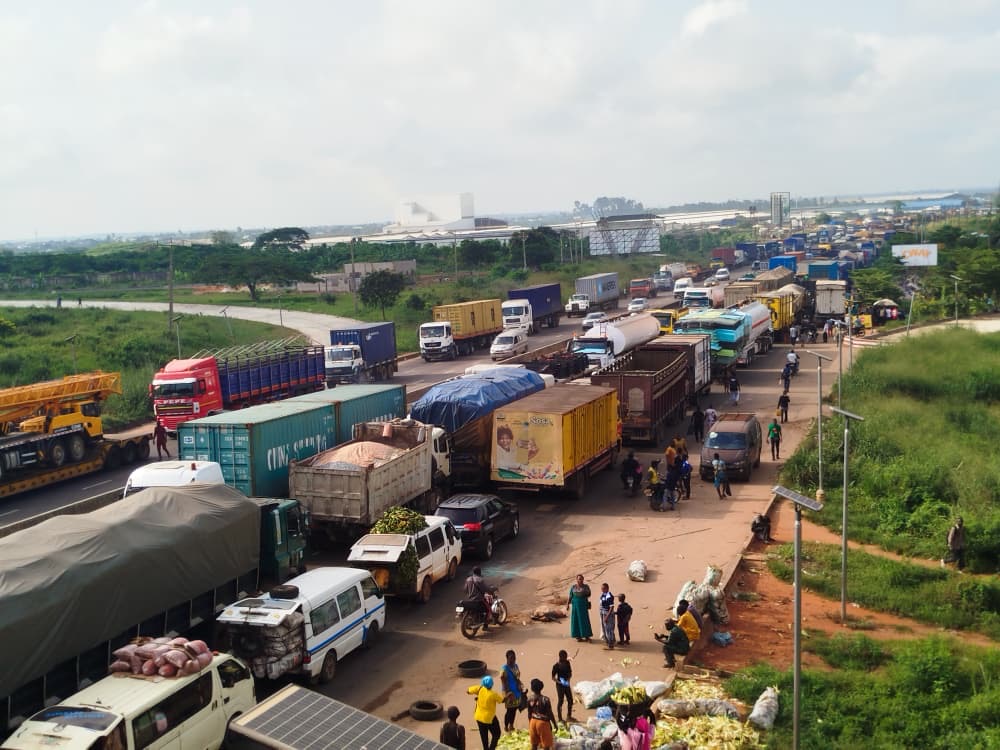FG urges UN to assist with long-term fund for IDPs
United Nations Secretary-General, António Guterres, yesterday, warned that no country is safe from the devastating impact of extreme weather, calling for rapid expansion of early warning systems to protect lives and economies.
However, the Federal Government has urged the UN to assist it in accessing long-term funding to address humanitarian challenges associated with internal displacement.
Guterres, in his first address to the World Meteorological Organisation (WMO), which is celebrating its 75th anniversary as a UN specialised agency, lauded WMO, describing it as “a barometer of truth, a credible and clear-eyed source of data and information about the planet we share and a shining example of science supporting humanity.”
He emphasised that without WMO’s rigorous modelling and forecasting, the world would not know what lies ahead or how to prepare for it, thereby saving millions of lives and billions of dollars each year.
The Extraordinary Congress of the 193-member WMO marks both the organisation’s 75th anniversary and the halfway point of the Early Warnings for All Initiative launched by Guterres in 2022 to ensure that everyone on the planet is covered by life-saving early warnings by the end of 2027.
The congress is spearheaded by WMO, UN Office for Disaster Risk Reduction (UNDRR), International Telecommunications Union (ITU) and International Federation of Red Cross and Red Crescent Societies (IFRC).
Guterres set out three urgent areas of action to achieve Early Warnings For All; the need for a surge in financing and easing of debt burdens for developing countries, reform of global financial institutions and strengthening of multilateral development banks; and that countries must deliver bold new national climate action plans that align with limiting global temperature rise to 1.5 degrees Celsius. This, he stressed, must include embracing the potential of renewable energy.
WMO Secretary-General, Celeste Saulo, made urgent call to action to accelerate progress to the target. She said: “We gather at a time our mission has never been more urgent. Yet, this is not only a moment of challenge; it is also a moment of profound opportunity to harness climate intelligence and technological advances to build a more resilient future for all.”
SPEAKING during a roundtable on Humanitarian Development, Peacebuilding Approaches to Durable Solutions for Internally Displaced Persons in Abuja, yesterday, the Minister for Budget and Economic Planning, Sen Abubakar Bagudu, stated that if the Federal Government had access to $10 billion at four per cent interest, it could be used to address the country’s humanitarian challenges, generating wealth for IDPs.
The minister stated that funds could be obtained from the capital market for long-term investments to address humanitarian issues, emphasising that development partners’ funding was no longer sustainable as grants were decreasing.
Bagudu stated that the Federal Government’s macroeconomic policies were designed to curb waste and enable the three tiers of government handle developmental issues better.
In his contribution, the Minister of State for Humanitarian Affairs and Poverty Reduction, Dr Yusuf Sununu, said durable solutions in the country must evolve from response to prevention, from donor dependency to national leadership, and from fragmented action to whole-of-government accountability.
The UN Resident and Humanitarian Coordinator in Nigeria, Mohammed Fall, praised the Federal Government for its efforts in addressing humanitarian issues in Borno, Adamawa, Yobe and other states in the North-East region.






